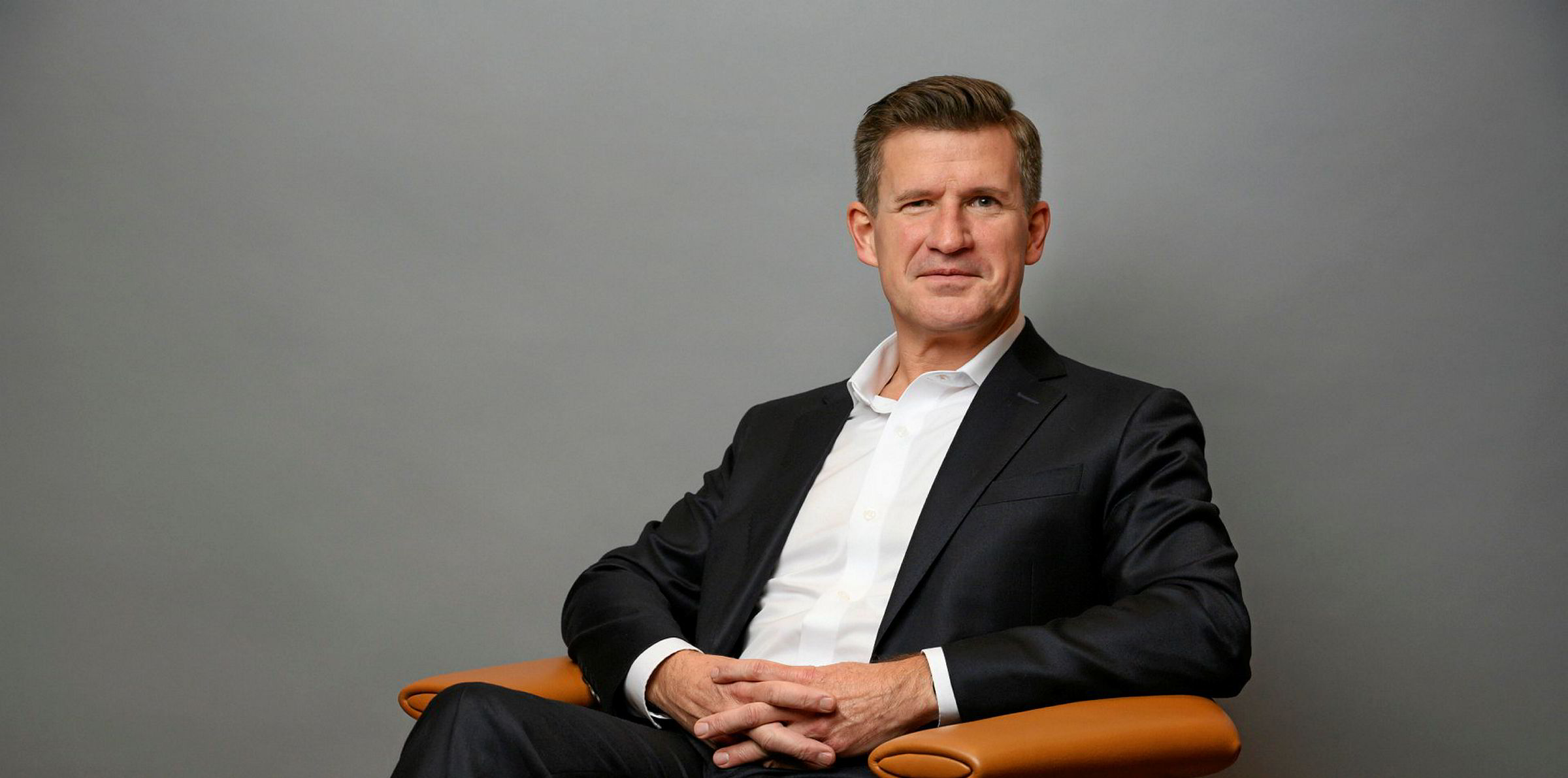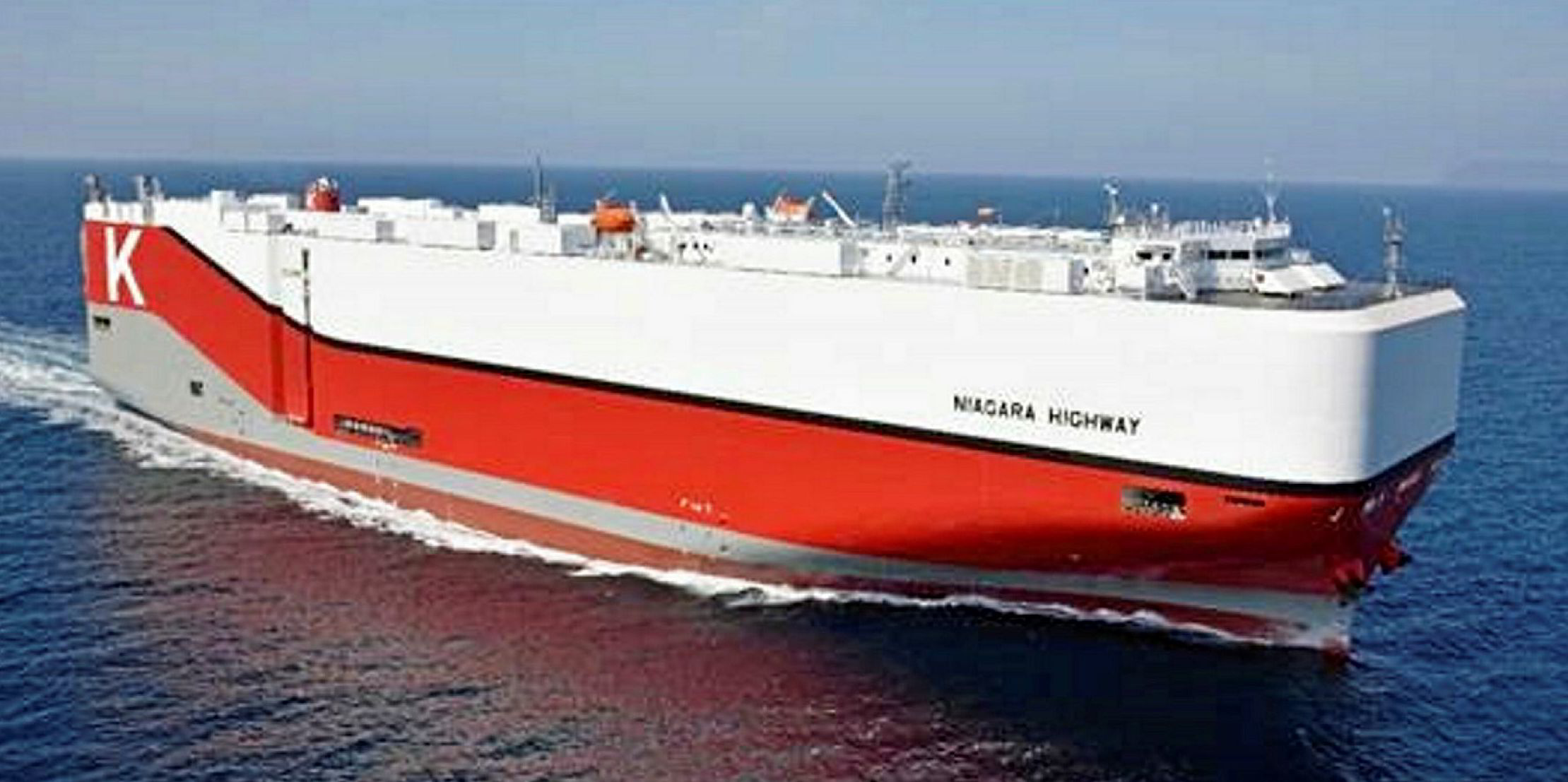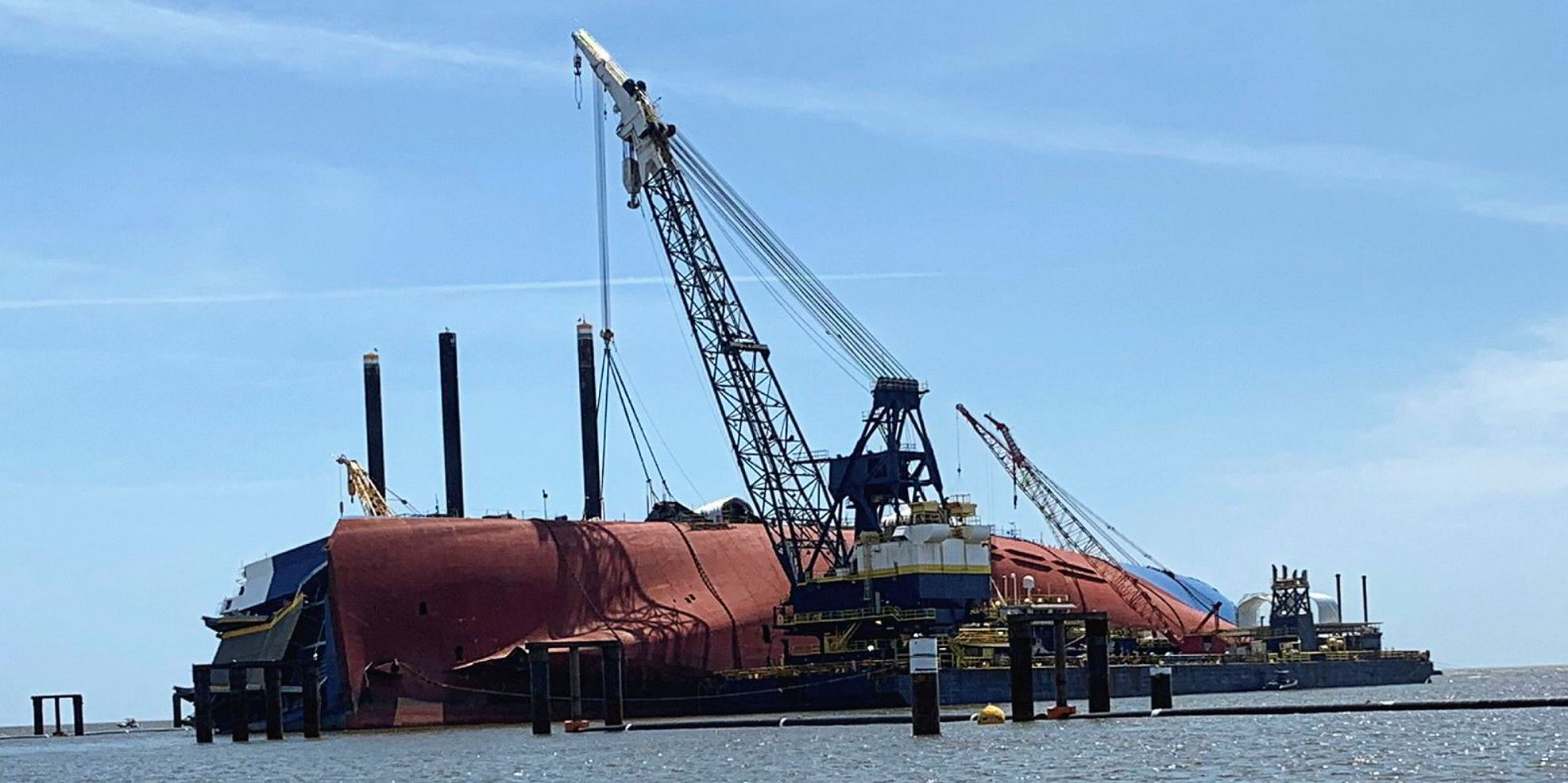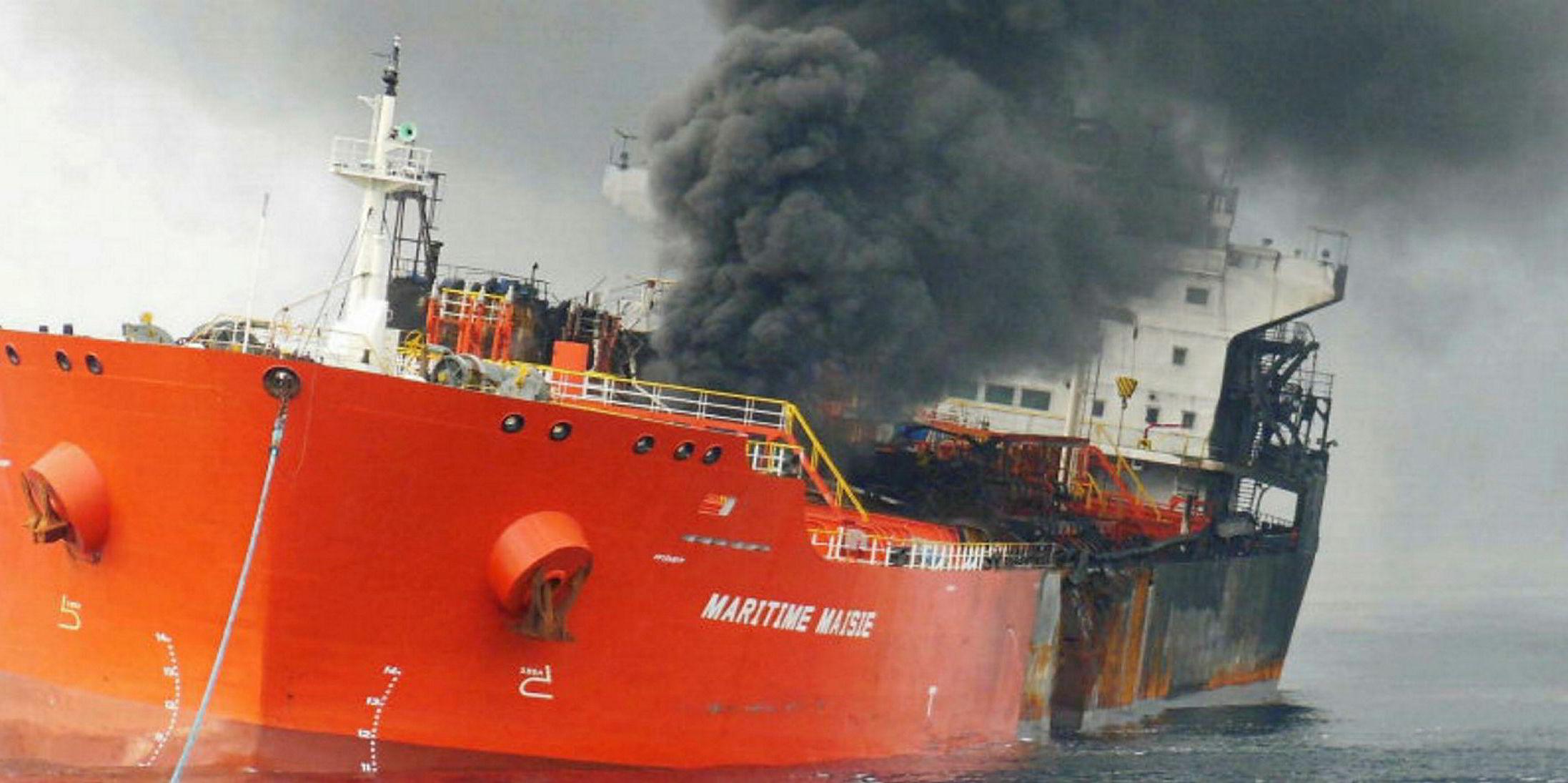More pain is in store for car carrier owners as the effects of the pandemic linger on into the third quarter, Wallenius Wilhelmsen has said.
The Oslo-listed shipping company revealed a net loss of $69m in the second quarter, against profit of $3m in 2019.
This has increased the loss in the first half of the year to $353m.
Revenue plunged to $606m from $1bn the year before as ocean volumes dropped 45% because of the lower volumes across all trade lanes and product segments. This compared to its earlier forecast of 50%.
Manufacturers closed plants and reduced production, it added.
The net freight rate rose due to a favourable cargo mix, however, with a substantial share of high and heavy cargo.
"The drop in volumes has created excess capacity in the industry, which is likely to persist for some time, delaying market improvements. Measures taken to recycle, lay-up, idle and slow-steam ships will go some way in countering this effect."
Further falls ahead
It is forecasting a reduction in ocean volumes of around 25% for the third quarter of 2020.
"Though the future remains unpredictable, we are encouraged to see volumes beginning to return and are now focused on supporting our customers through the market recovery whilst maintaining tight cost control," said CEO Craig Jasienski.
The company has taken action to cut costs, redelivering chartered vessels and laying up 15 of its own, up from a previous target of 10.
Sailings were rationalised and speed was reduced to further take out capacity.
Cash reserves stood at $539m at the end of the second quarter, up from $451m in the first quarter.
The company said it was well prepared to "manage through this unprecedented market situation."
WW has agreed a deal with its banks to defer instalments of about $70m due in the second half of 2020.
Fears allayed
Anders Karlsen at Danske Bank said that WW "shattered all estimates and fears for the quarter and delivered a suprisingly strong cash flow.
"We are likely to see a significant positive share price reaction tomorrow, possibly plus 10% or more."
He added there was a significant change in working capital that led to a cash improvement of $88m after net debt repayments of $83m.
"Even if this tells a lot of the market weakness, it is also a sign that management is firm in its actions," Karlsen said.
"We have previously argued that the company is likely to get through the current market without having to raise additional capital. We believe the Q2 result will show that this is the likely outcome."
Fearnley Securities said Ebitda of $104m was well ahead of consensus.
"Operational cost cutting measures have materialised better than we expected, though $40m...relates to lower bunker cost," it added.






